Project Team
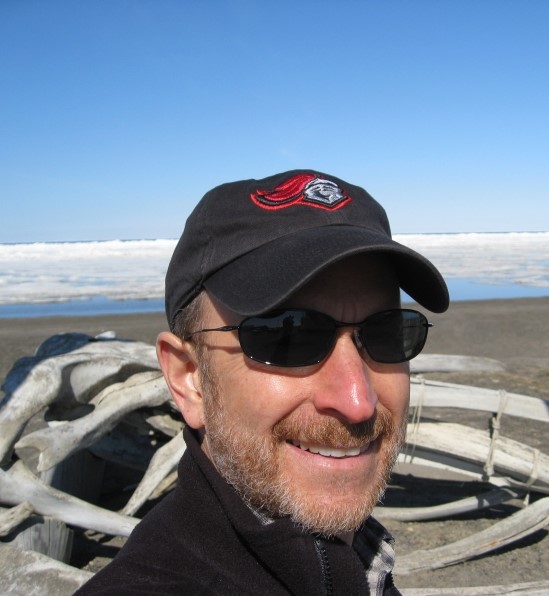 Hal Salzman is a sociologist and Professor at the School of Planning and Public Policy and Heldrich Center for Workforce Development. His research focuses on STEM education and workforce supply, globalization of science and engineering, S&E workforce education and development, skill requirements, and technology. He has conducted a number of studies of the IT industry, on both software design and work practices and on science and engineering work force issues.
Hal Salzman is a sociologist and Professor at the School of Planning and Public Policy and Heldrich Center for Workforce Development. His research focuses on STEM education and workforce supply, globalization of science and engineering, S&E workforce education and development, skill requirements, and technology. He has conducted a number of studies of the IT industry, on both software design and work practices and on science and engineering work force issues.

Michelle Van Noy (co-PI of the study) is Assoc. Director of the Education and Employment Research Center at the School of Management and Labor Relations at Rutgers. She has extensive experience conducting research on STEM education and workforce development and leading large-scale research projects. She is PI on ATE-targeted research projects: Pathways to Technician Careers, examining student decision-making about programs and careers in information technology, and The Hidden Innovation Infrastructure: Understanding the Economic Development Role of Technician Education in the Changing Future of Work.She has conducted research on higher education labor market responsiveness, community college workforce education programs in a range of sectors, community college student outcomes, and employer perceptions of associate degrees for IT technicians. She served on the National Academy of Science’s committee on Barriers and Opportunities for 2-year and 4-year STEM degrees.
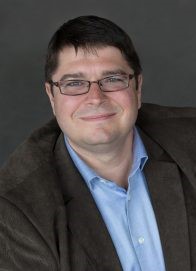
Jason Owen-Smith is the Executive Director of the Institute for Research on Innovation and Science (IRIS), the Barger Leadership Institute Professor of Organizational Studies, Sociology, and (by courtesy) Public Policy at the University of Michigan where he also serves as director of the Barger Leadership Institute. Owen-Smith is a sociologist of science and organizations whose work applies multiple methods to address questions about the public value of research universities, the dynamics and outcomes of scientific collaboration, surgical care, and technological innovation in high technology industries. Owen-Smith has been a PI or co-Pi on seven (7) NSF grants including a CAREER award to study the emergence and ramifications of the United States Knowledge Economy.
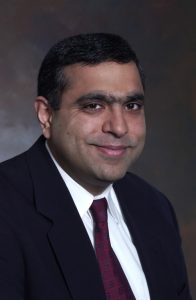 Ron Hira is an associate professor in the department of political science at Howard University in Washington DC.; also a research associate with the Economic Policy Institute in Washington, DC. Prior to joining Howard, an associate professor in the Department of Public Policy at Rochester Institute of Technology. He specializes in policy issues on technological innovation, offshoring, high-skill immigration, and the American engineering workforce. He was a post-doctoral fellowship at Columbia University’s Center for Science, Policy, and Outcomes. He holds a Ph.D. in Public Policy from George Mason University (GMU), an M.S. in Electrical Engineering, GMU, and a B.S. in Electrical Engineering, Carnegie-Mellon University and is a licensed professional engineer and served as Vice President for Career Activities of IEEE-USA.
Ron Hira is an associate professor in the department of political science at Howard University in Washington DC.; also a research associate with the Economic Policy Institute in Washington, DC. Prior to joining Howard, an associate professor in the Department of Public Policy at Rochester Institute of Technology. He specializes in policy issues on technological innovation, offshoring, high-skill immigration, and the American engineering workforce. He was a post-doctoral fellowship at Columbia University’s Center for Science, Policy, and Outcomes. He holds a Ph.D. in Public Policy from George Mason University (GMU), an M.S. in Electrical Engineering, GMU, and a B.S. in Electrical Engineering, Carnegie-Mellon University and is a licensed professional engineer and served as Vice President for Career Activities of IEEE-USA.
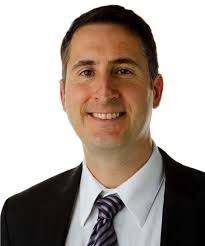
John Skrentny is a Professor in the Department of Sociology at the University of California San Diego and the Director of the Yankelovich Center for Social Science Research. His primary areas of research and teaching interest are law, politics, and public policy, especially as the relate to equal opportunities, immigration, the science and engineering workforce, and job creation. He received his B.A. in sociology and philosophy from Indiana University and his Ph.D in sociology from Harvard University.
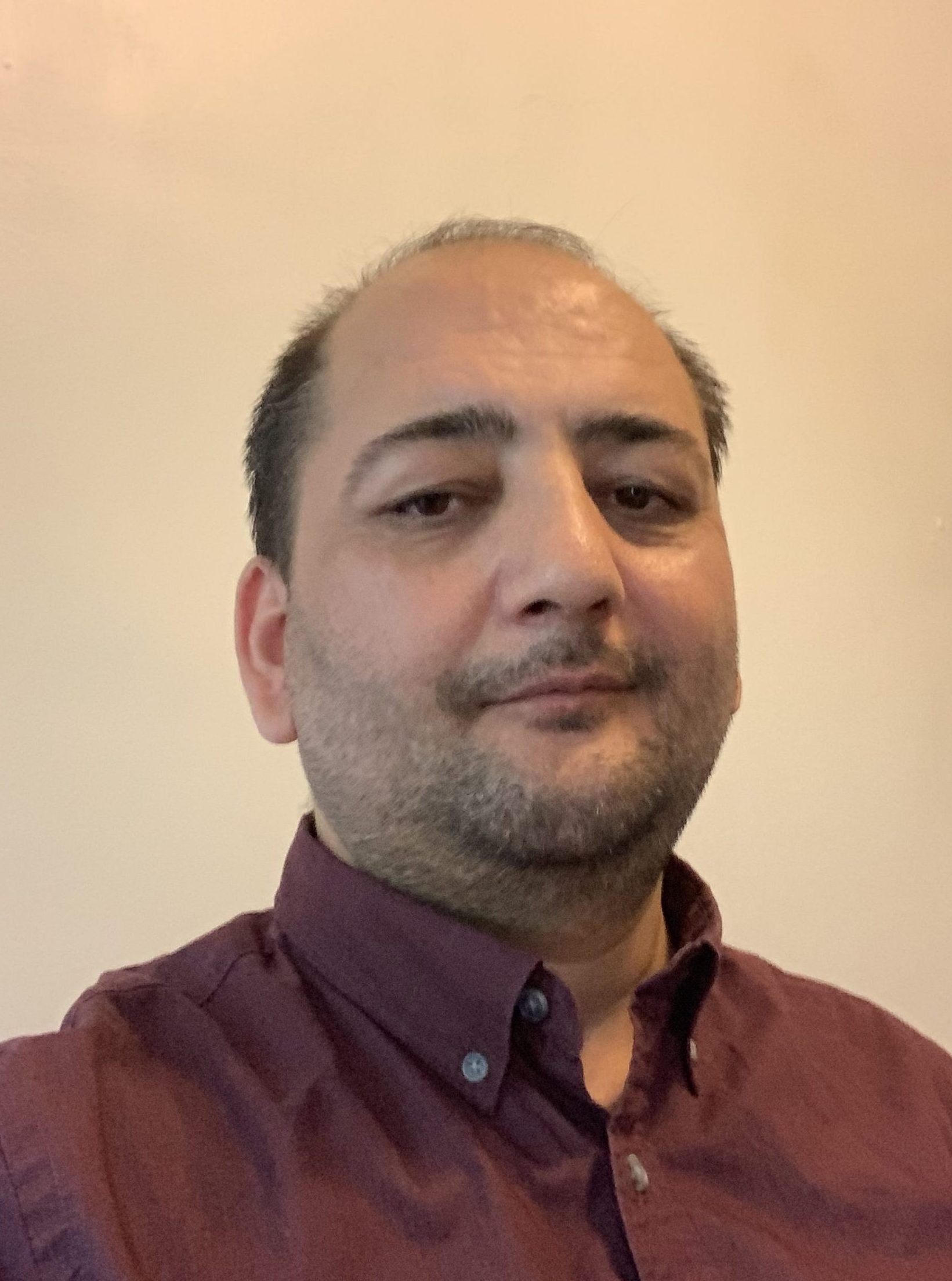 Khudodod Khudododov is a Quantitative Research Analyst at the Education and Employment Research Center at the School of Management and Labor Relations at Rutgers. He is involved in the management and modeling of various quantitative datasets. Khudodod is quite experienced in managing both small and large-scale datasets. His main interest lies in the application of contemporary analytic approaches such as machine learning in higher education research.
Khudodod Khudododov is a Quantitative Research Analyst at the Education and Employment Research Center at the School of Management and Labor Relations at Rutgers. He is involved in the management and modeling of various quantitative datasets. Khudodod is quite experienced in managing both small and large-scale datasets. His main interest lies in the application of contemporary analytic approaches such as machine learning in higher education research.

Victoria Coty is a Research Assistant for the Education and Employment Research Center. A graduate of Rutgers University with a Bachelors of Arts in Statistics and Sociology, Victoria completed an honors thesis using nationally representative data to explore the relationship between extracurricular engagement, postsecondary aspirations, and educational attainment. She presented her work and was awarded the Henry Rutgers Scholars Award, given to recognize outstanding senior theses. In her role as a research assistant, Victoria continues to explore the factors that influence educational choices and success while assisting with the quantitative and qualitative analysis of the center’s ongoing work.
Tracy Cangiano is a Program Coordinator at EERC. As such she is responsible for program and project coordination and administration. Tracy has a B.A. from Rutgers University.
Advisory Board
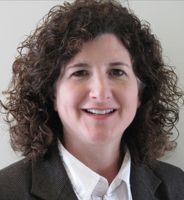
Deborah Silver is the Executive Director of the Professional Science Master’s Program at Rutgers, The State University of New Jersey on all three campuses – Newark, New Brunswick & Camden. This program offers the Master of Business & Science (MBS) degree which is a combination of a science master’s with courses in business. She has been with the program since its inception and helped found and build the program to include all areas of science and technology. She is also a Professor in the Dept. of Electrical and Computer Engineering at Rutgers, a post she has held since 1988. She has a BS in Computer Science from Columbia University, School of Engineering and Applied Sciences, and an MS an Ph.D. in Computer Science from Princeton University.
 Sheri Sheppard is a Professor in the Mechanical Engineering program at Stanford University. She teaches both undergraduate and graduate design-related classes, and conducts research on fracture mechanics and applied finite element analysis, and on how people become engineers. She has led or co-led several large, multi-institutional projects to build new educational research programs and related resources and a program on summer research experiences for high school teachers. She has a BS, University of Wisconsin-Madison in Engineering Mechanics, an MS, University of Michigan-Dearborn in Mechanical Engineering, and a Ph.D. from the University of Michigan in Mechanical Engineering.
Sheri Sheppard is a Professor in the Mechanical Engineering program at Stanford University. She teaches both undergraduate and graduate design-related classes, and conducts research on fracture mechanics and applied finite element analysis, and on how people become engineers. She has led or co-led several large, multi-institutional projects to build new educational research programs and related resources and a program on summer research experiences for high school teachers. She has a BS, University of Wisconsin-Madison in Engineering Mechanics, an MS, University of Michigan-Dearborn in Mechanical Engineering, and a Ph.D. from the University of Michigan in Mechanical Engineering.
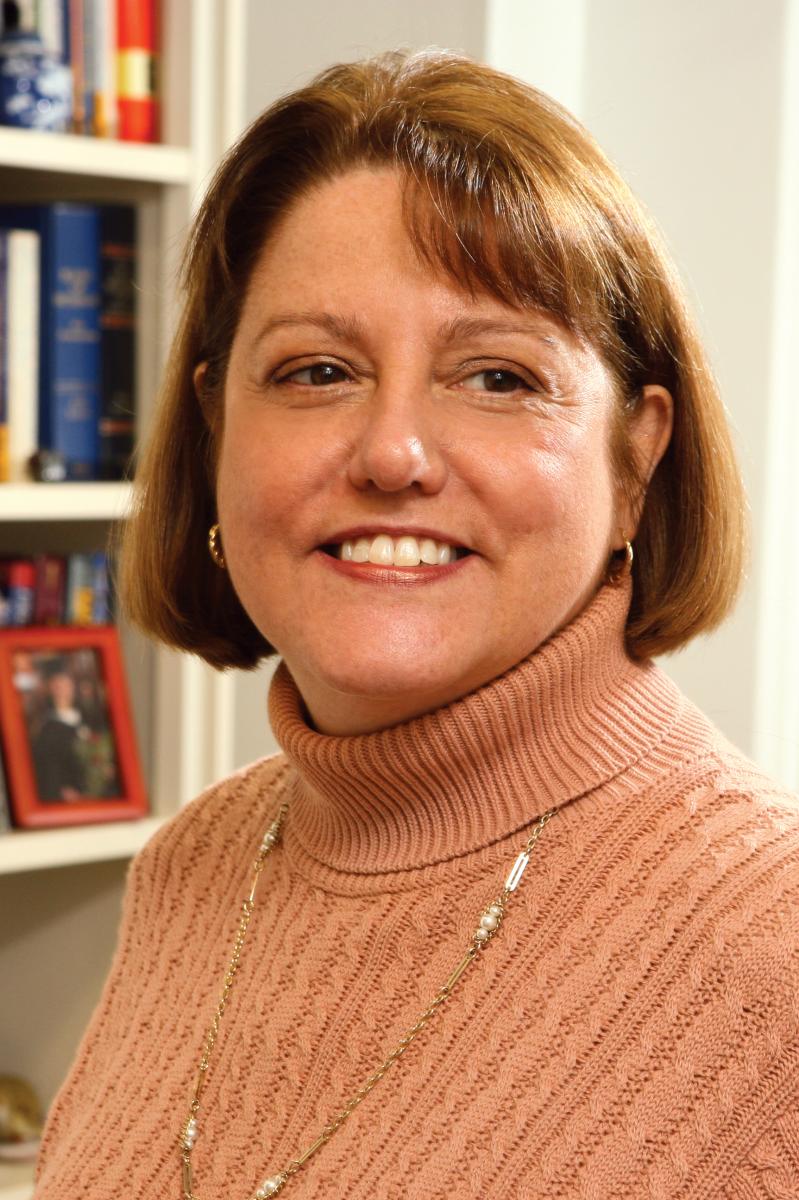
Margaret (Peggy) Brennan-Tonetta is the Executive Director of the Office of Economic Development at Rutgers University. As such she is responsible for the development and implementation of new university wide economic development initiatives. In this role, she provides administrative leadership for the Rutgers Discovery Informatics Institute (RDI2), the Rutgers University Advanced Cyberinfrastructure Strategic Planning effort and the New Jersey Big Data Alliance. She also has administrative responsibility for the Rutgers EcoComplex and the Rutgers Food Innovation Center, in which she led the development, organization, and strategic direction of this internationally recognized food business accelerator. Margaret is an economist with expertise in economic development strategies, energy economics, and industrial organization. She holds a B.S. in Economics, MS in Agricultural Economics and Ph.D. in Planning and Public Policy, all from Rutgers University.

Shawn Collins is a Program Management Office Specialist at Rolls-Royce with over twenty years of experience in the aerospace and energy industries, holding versatile roles across the domains of project management, product architecture, and process improvement. His systems engineering experience spans the full product development life-cycle of concept development, certification, and in-service upgrades. It includes both design definition and verification & validation across propulsion system, turbomachinery, and engine control applications. His specialties are Systems Engineering; Product Development Methods; Business, Industrial, & Cognitive Anthropology
Behavioral Operations; Organizational Behavior & Cultural Dynamics
Team Coordination; Task Performance & Information Flow
Social Network Analysis.
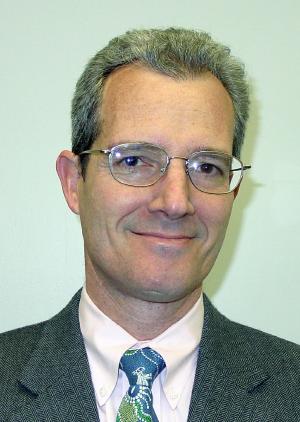
Dunbar Birnie, III is the Corning/Saint-Gobain-Malcolm G. McLaren Professor of Ceramic Engineering in the Department of Materials Science and Engineering at Rutgers University. His research is aimed at fabricating coatings for solar power collection – especially for dye-sensitized solar cells that might be suitable for low-cost roll-to-roll printing processes. In addition, Dunbar Birnie’s research group has aimed at expanding the utilization of solar power, both in buildings (better array design logistics) and for the charging of batteries used for electric transportation (for plug-in hybrid electric vehicles). He earned his BS and PhD from MIT.
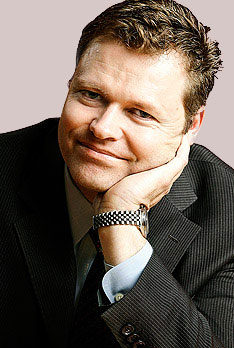 Christian Kopfli is the Chief Executive Officer, Chromocell. Christian co-founded Chromocell in 2002, serving initially as General Counsel before becoming Chief Executive Officer in 2005. Prior to joining Chromocell, he was an Associate at Davis Polk & Wardwell, working in its New York City, Tokyo and Frankfurt offices. At Davis Polk, Christian worked extensively in Mergers & Acquisitions, Capital Markets and Private Equity Transactions. He received a doctoral degree in law (magna cum laude) from the University of Zurich in 2000 and earned his LL.M. from Columbia Law School in New York City in 1998. Christian is a Board Member of BioNJ and admitted to the Bar in New York and Switzerland.
Christian Kopfli is the Chief Executive Officer, Chromocell. Christian co-founded Chromocell in 2002, serving initially as General Counsel before becoming Chief Executive Officer in 2005. Prior to joining Chromocell, he was an Associate at Davis Polk & Wardwell, working in its New York City, Tokyo and Frankfurt offices. At Davis Polk, Christian worked extensively in Mergers & Acquisitions, Capital Markets and Private Equity Transactions. He received a doctoral degree in law (magna cum laude) from the University of Zurich in 2000 and earned his LL.M. from Columbia Law School in New York City in 1998. Christian is a Board Member of BioNJ and admitted to the Bar in New York and Switzerland.
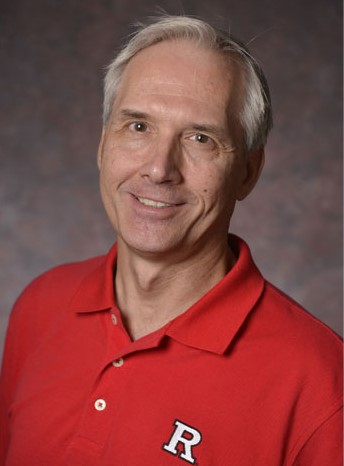
Paul Meers is Undergraduate Program Director, Instructor and Researcher in Biotechnology as well as Co-Director of the Biotechnology and Genomics Concentration in the Masters in Business and Science Program. Recent research has been focused on traffic and delivery to cells via either naturally-occurring or investigator-designed nanoscale vesicles. He earned a B.A. in Chemistry from Illinois Wesleyan University, a Ph.D.in Biochemistry from Cornell University and a postdoctoral degree in biochemistry from the University of California, San Francisco. Illinois Wesleyan Universitllinois Wesleyan UniversiUniversity of California, San Francisc
Illinois Wesleyan Univers
